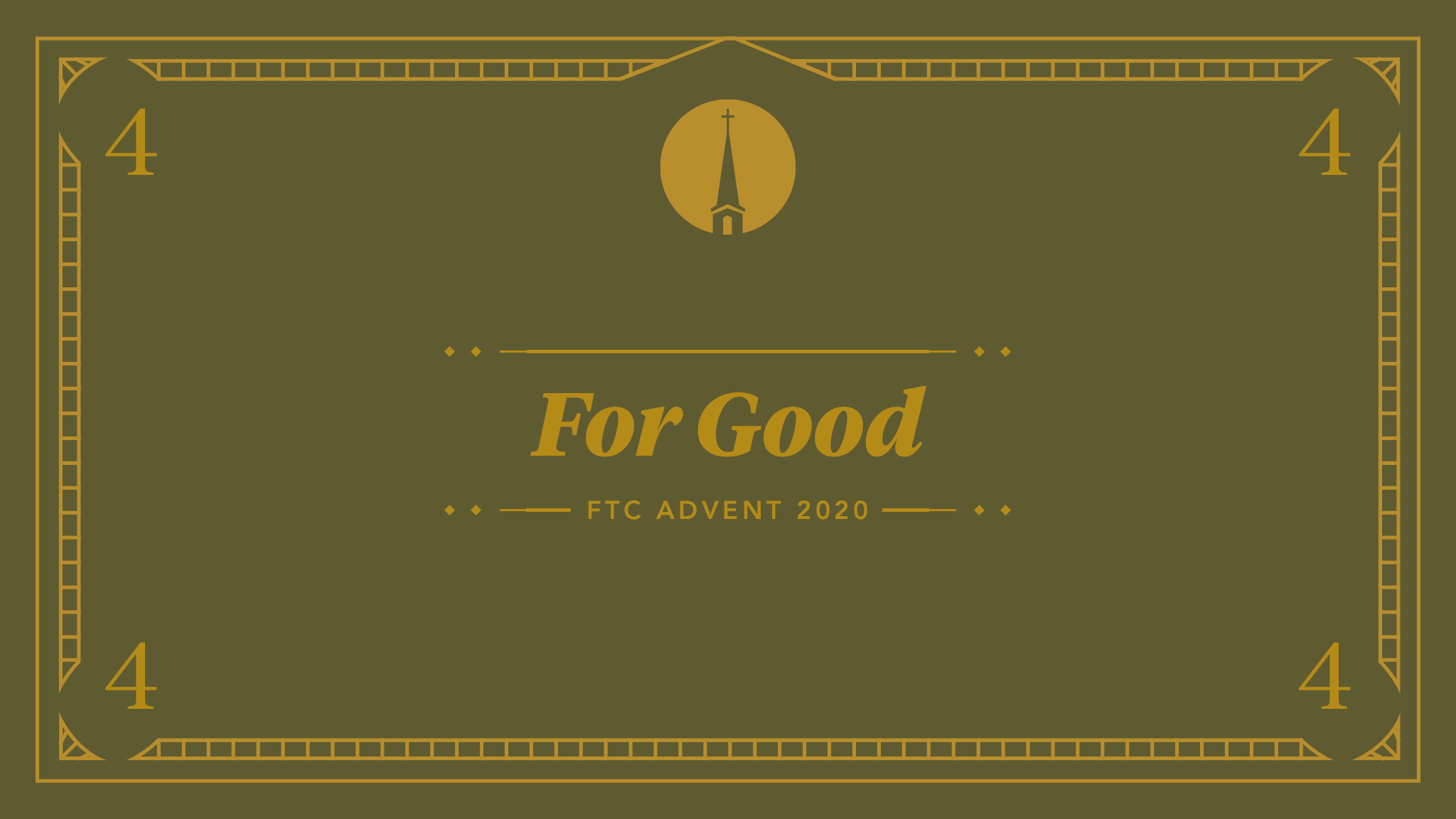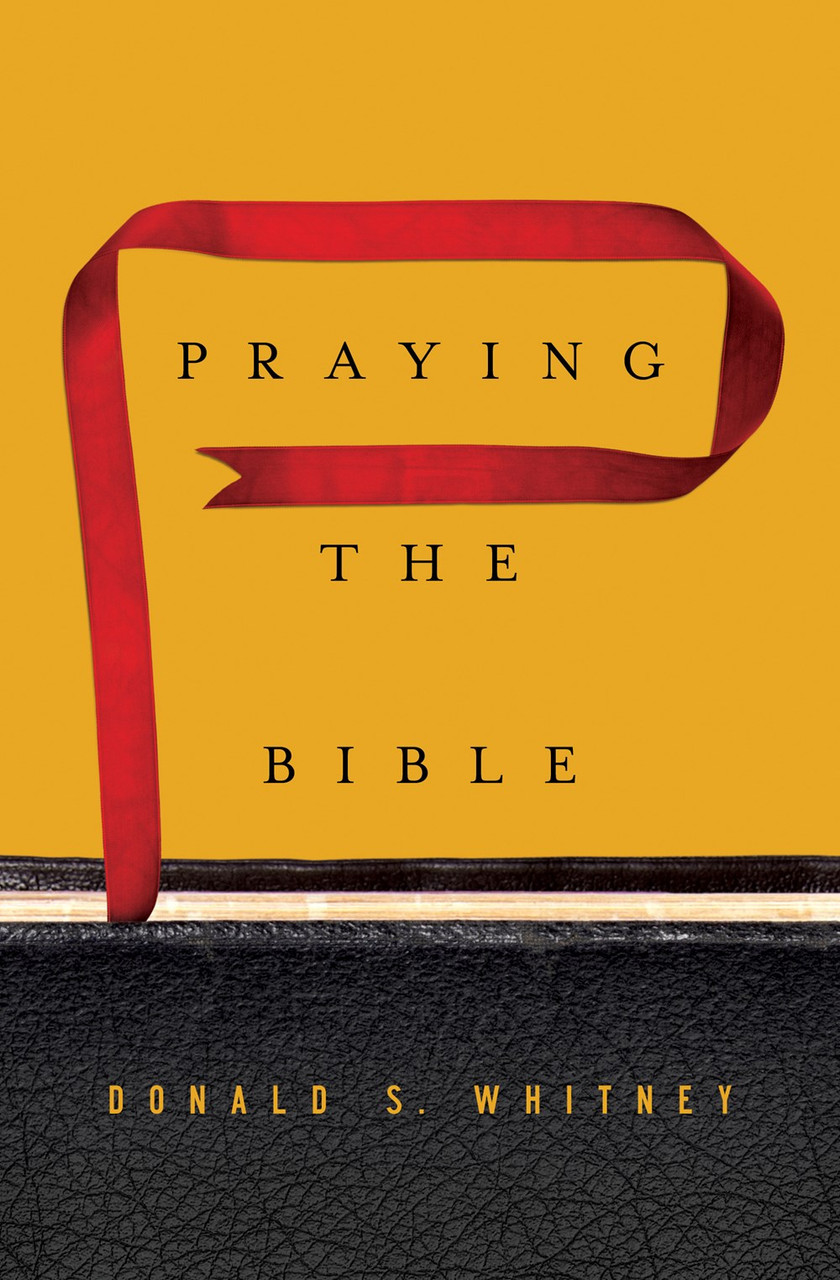
As for you, you meant evil against me, but God meant it for good, to bring it about that many people should be kept alive, as they are today. So do not fear; I will provide for you and your little ones.
Genesis 50:20-21
As you begin reading today, reflect on a time when you felt most undeserving of God’s kindness. Maybe a horrible situation arose as the result of a disastrous decision you made, and your mind sank into a condemnation-filled mire of thoughts that culminated in this: “I’m going to get what I deserve now.” What comes to mind in these moments is that we will surely get what we deserve. What often doesn’t come to mind is that we may just get what we don’t deserve.
How quickly do we forget that Jesus Christ and the Calvary cross are the only reasons why we don’t get what we truly deserve? But sin is a trickster. It makes us believe our sins are like bargaining tools with God. A grandiose sin calls for a grandiose punishment. A miniature infraction will bring barely a glance from God. How we maximize our transgressions! How we minimize them!
Genesis 50 contains the dilemma of Joseph’s brothers. Years after grace and forgiveness were granted them, doubt still seeped through all of the unhealed crevices. Joseph speaks words of loveliness that echo the Lord, “God meant it for good.” Let those words stay suspended in mid-air for a moment or two. God meant it. God means for the bad things we do to become the good things that He has done. It’s that doneness that’s meant to create an indescribable flurry of weightless joy inside of us. It’s that doneness that helps that guilt-ridden, yearning-for-grace you reflect back and say OHHHHH in all caps. What that doneness “does,” is redeem all the doings you did that created the disrepair you never wanted. What that doneness does is remind you that there is no fear of abandonment from God because His name is synonymous with the word “provider.”
So today, on the eve of a new year, with all of our rational and irrational fears dotting our hearts like the milky way, we remember that we don’t need to fear. The same grace that Joseph had on his brothers who meant him evil, is the grace that God has for us who were born
dead in the trespasses and sins in which you once walked, following the course of this world, following the prince of the power of the air, the spirit that is now at work in the sons of disobedience—among whom we all once lived in the passions of our flesh, carrying out the desires of the body and the mind, and were by nature children of wrath, like the rest of mankind. But God, being rich in mercy, because of the great love with which he loved us, even when we were dead in our trespasses, made us alive together with Christ—by grace you have been saved— and raised us up with him and seated us with him in the heavenly places in Christ Jesus, so that in the coming ages he might show the immeasurable riches of his grace in kindness toward us in Christ Jesus. For by grace you have been saved through faith. And this is not your own doing; it is the gift of God, not a result of works, so that no one may boast. For we are his workmanship, created in Christ Jesus for good works, which God prepared beforehand, that we should walk in them. (Eph 2:1-10).
Reflect
Make a mental list of some of your fears. Pray through the ways that God has promised to meet them.
How does God's Word impact our prayers?

God invites His children to talk with Him, yet our prayers often become repetitive and stale. How do we have a real conversation with God? How do we come to know Him so that we may pray for His will as our own?
In the Bible, God speaks to us as His children and gives us words for prayer—to praise Him, confess our sins, and request His help in our lives.
We’re giving away a free eBook copy of Praying the Bible, where Donald S. Whitney offers practical insight to help Christians talk to God with the words of Scripture.

